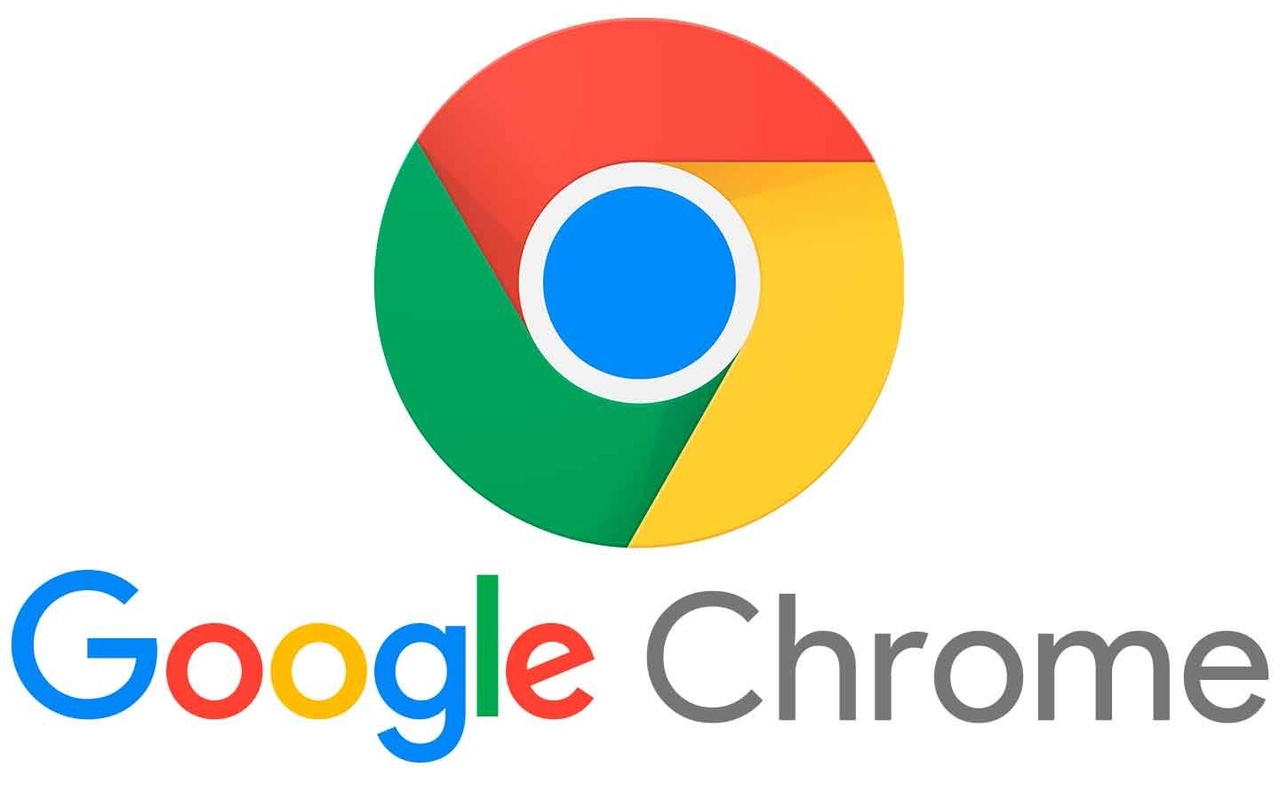The German start-up Ecosia suggests that Chrome not to sell Chromebut to operate it as a "foundation" for ten years: Google would retain ownership and IP, Ecosia would manage the browser and 60% of the profits in climate and environmental projects, with 40% going to Google.
According to its own statements, Ecosia expects Chrome to generate enormous amounts of money over the next ten years - the concept is deliberately radical: no purchase price, instead operational control and a redirection of large parts of the profit to climate protection. This is strong PR and politically clever, but legally unusual.
As an alternative concept, Perplexity has developed a traditional all-cash offer of US$ 34.5 billion and promises an additional 3 billion US$ in Chromium/Chrome development; Perplexity says the browser code will remain open. This is a classic buyout proposal: cash instead of stewardship
But beware: critics see Perplexity's offer as a huge bet - the startup has significantly less equity than the offer amount and would have to rely on external financing. Some see the bid more as a PR and growth move than a mature deal.
Why the whole thing is relevant: A US judge (Amit Mehta) will soon have to decide on possible remedies following the monopoly ruling against Google $GOOGL (-0.13%) / $GOOG (-0.07%) decide. Sale, breakup or creative models like Ecosia's stewardship are all options - and both proposals seek to help shape the direction of that decision.
In short: Ecosia brings morality, sustainability PR and an unusual governance model to the field; Perplexity brings cash, tech ambition and venture capital. Both would change the ecosystem of the web - just in very different ways. Who is more radical? Who is more realistic? And who can really change the internet?




